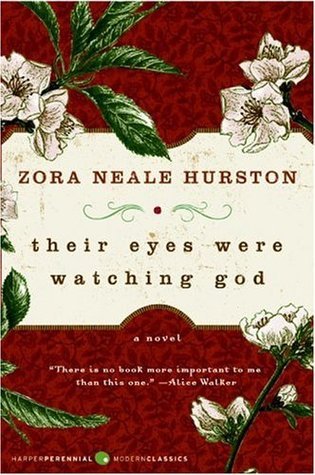E‑Book Extra
by testsuphomeAdminIn the introduction to *Their Eyes Were Watching God*, we learn about Zora Neale Hurston, an influential figure born on January 7, 1891, in Notasulga, Alabama. Despite her claim of being born in Eatonville, Florida, she became known as a prolific author whose other notable works include *Jonah’s Gourd Vine* and *Mules and Men*. Throughout her lifetime, Hurston was recognized for her contributions to literature, anthropology, and activism. However, she faced challenges, particularly from the political climate of her time, which often conflated artistic expression with political commentary.
The text reflects on the initial reception of *Their Eyes Were Watching God*, which fell out of print shortly after its publication and remained largely unnoticed for nearly three decades. This decline raised questions about how a celebrated writer could disappear from public consciousness. The persistence of scholars and writers like Alice Walker in the 1970s ultimately lead to Hurston’s works being rediscovered and appreciated once more.
Alice Walker’s efforts, especially her act of placing a gravemarker for Hurston in the Garden of Heavenly Rest, highlight the urgency felt by her contemporaries to honor Hurston’s legacy. The gravemarker carries the inscription acknowledging Hurston as a “Genius of the South,” which encapsulates her contribution to literature and culture.
The introduction ends with discussion questions meant to provoke thought about themes in Hurston’s work. These queries explore concepts like the nature of God in the book, the significance of horizons in Janie’s life, the representation of black culture and women’s voices, as well as the impact of vernacular dialect on character and community.
Overall, this introduction not only serves to contextualize Hurston’s life and work but also invites readers to engage deeply with the themes and questions presented in her novel. The narrative emphasizes the importance of her contributions to American literature and the ongoing relevance of her exploration of identity, community, and womanhood.


0 Comments